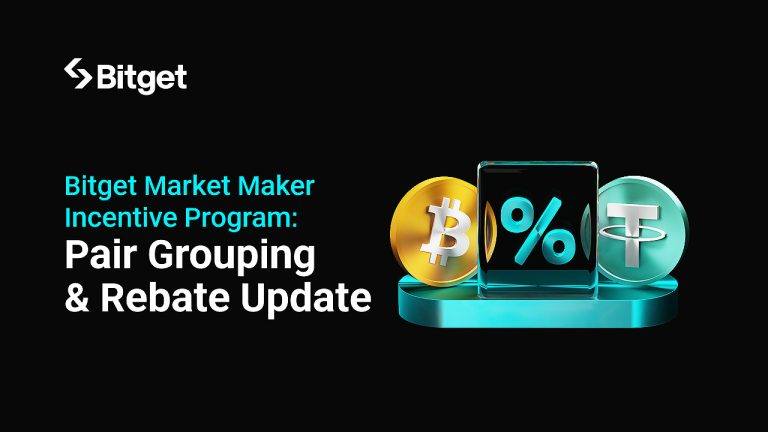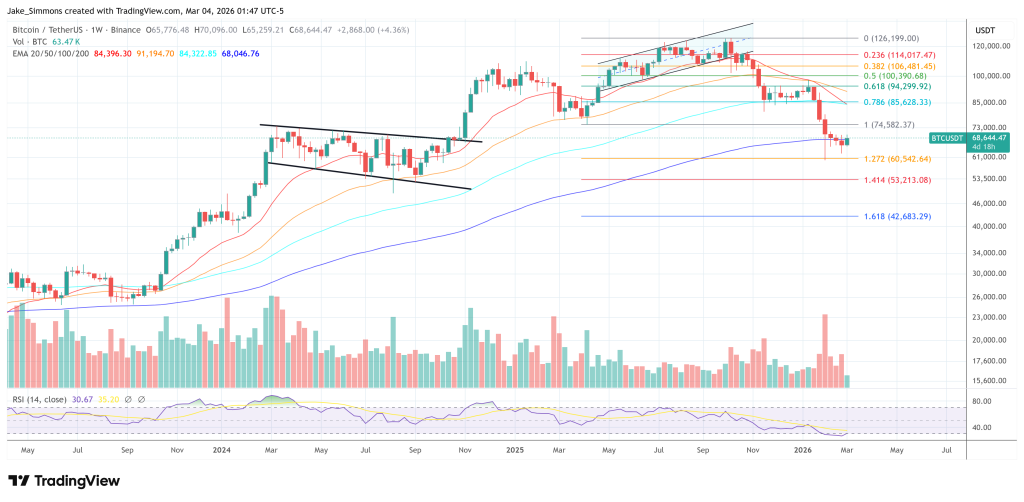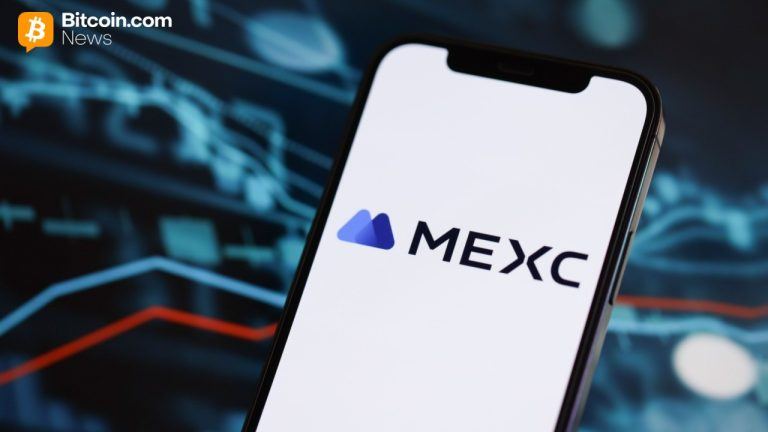Greetings HODLers,
Given that the topic has come up multiple times in the daily I thought I’d offer my perspective on hardware wallets and their advantages over keeping your digital assets on exchanges. I’ll try to maintain a balanced perspective by acknowledging the potential drawbacks and offering some practical tips on when a hardware wallet might be the right choice.
Let’s talk about the advantages first.
Advantage 1: Increased Security. Hardware wallets act as the digital vaults of the crypto world. They keep your private keys offline, shielding them from cyber threats like phishing attacks and exchange breaches. Higher security protects your investments.
Advantage 2: Protection from Exchange Risks. Cryptocurrency exchanges can be uncertain territory. They vary in reliability, and entrusting your assets to one can be risky. Moving your holdings to a hardware wallet eliminates the danger of exchange insolvency, downtime, or fraudulent practices, giving you full control.
Advantage 3: Safeguarding Against Phishing Attempts. Phishing attacks are on the rise, growing ever more sophisticated. Hardware wallets verify transactions on the device itself, significantly reducing the likelihood of falling for malicious schemes.
Advantage 4: Ideal for Long-Term Investments. For those committed to a long-term crypto strategy, hardware wallets are a natural choice. Designed to securely store assets over extended periods, they offer peace of mind for the future.
Advantage 5: Recovery Seed Backup. Hardware wallets come with a recovery seed, a vital safety net. If your device is lost or damaged, this seed allows you to recover your assets. Safeguarding this seed is critical.
Now, let’s explore the potential risks and disadvantages:
Risk 1: Initial Cost. Hardware wallets come with a price tag. While it’s a one-time expense, it may deter those hesitant to invest upfront for security.
Risk 2: Physical Vulnerabilities. Hardware wallets are tangible devices, subject to loss, theft, or damage. If this occurs without having your recovery seed, you could face the loss of your assets.
Risk 3: Learning Curve. Using a hardware wallet demands a learning curve. It’s not as user-friendly as managing assets on an exchange, which can be a drawback for newcomers.
Risk 4: Responsibility for Recovery Seed. Protecting your recovery seed is your responsibility. Losing it or exposing it to others poses a significant risk, as it grants full access to your assets.
So, when should we consider a hardware wallet. For me it comes down to four key topics.
Substantial Investments: If your crypto holdings represent a significant portion of your financial portfolio, it’s crucial to protect them properly.
Long-Term Strategy: For those with a ‘set and forget’ approach, hardware wallets are an ideal choice, especially for assets you don’t plan to trade actively.
Security Priority: If you prioritize security above all else and are willing to invest in peace of mind, a hardware wallet should be your go-to option.
Willingness to Learn and Educate: Using a hardware wallet can be a learning curve. If you’re open to educating yourself on how they work and are committed to managing your crypto securely, a hardware wallet is the only right choice.
So: Hardware wallets are valuable for safeguarding your assets and should be the go-to for most situations. However, it’s important to consider their limitations and the responsibilities you have when using them.
[link] [comments]

You can get bonuses upto $100 FREE BONUS when you:
💰 Install these recommended apps:
💲 SocialGood - 100% Crypto Back on Everyday Shopping
💲 xPortal - The DeFi For The Next Billion
💲 CryptoTab Browser - Lightweight, fast, and ready to mine!
💰 Register on these recommended exchanges:
🟡 Binance🟡 Bitfinex🟡 Bitmart🟡 Bittrex🟡 Bitget
🟡 CoinEx🟡 Crypto.com🟡 Gate.io🟡 Huobi🟡 Kucoin.

















Comments